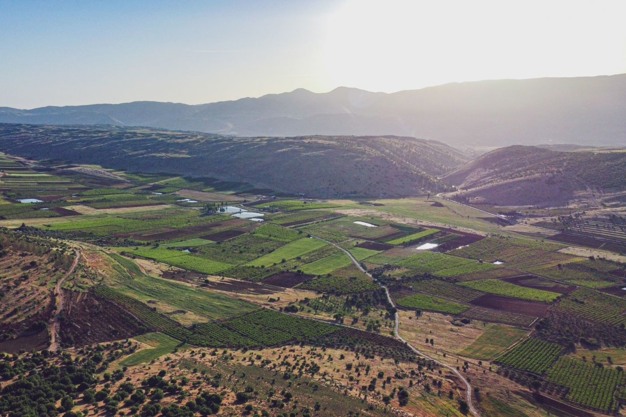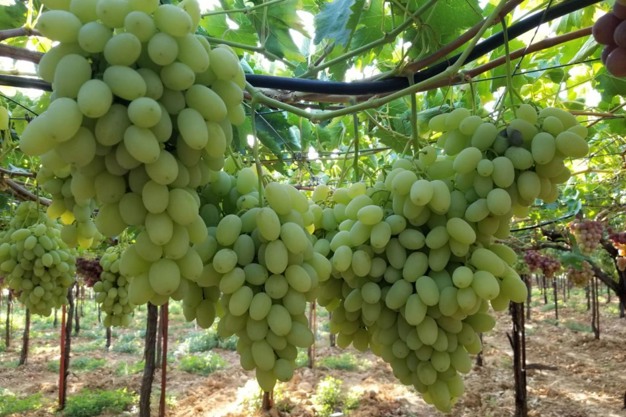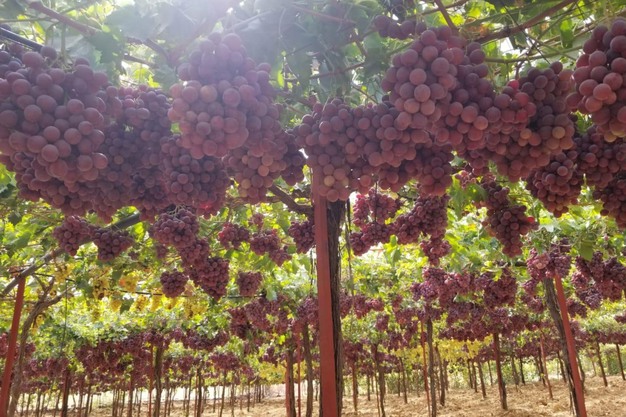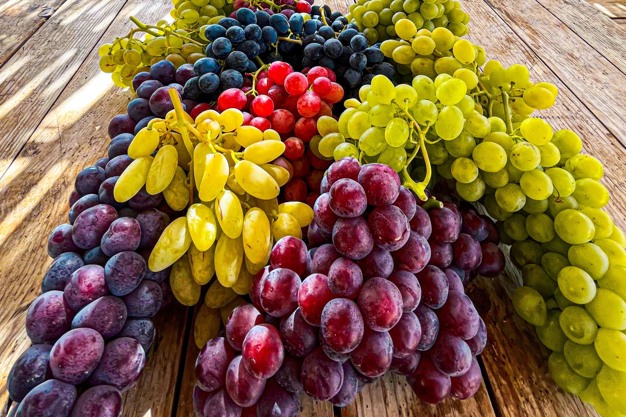Lebanese table grape growers are hoping to emerge from a difficult season last year, marked by adverse weather conditions that cost up to 40% of yields. Anna Maria El Saikali, co-owner and coordinator of El Saikali Farms, shares her insight on the Lebanese table grape industry.

Lebanon's climate, soil, and water conditions are highly conducive to the production of table grapes, with a few exceptions from one season to the next. El Saikali explains: "Temperature variations between daytime (35 degrees Celsius) and nighttime (15 degrees Celsius) provide optimal thriving conditions for grapes, and favor the development of firmness and color characteristics. The calcareous soil and clean natural water resources provide favorable growing conditions for the vineyards, enabling us to distinguish our production by the quality, color, and crispness of each berry. This is particularly the case for our vineyards at El Saikali, which are located at an optimal altitude of 1,100 m above sea level."

However, Lebanon is not immune to climate change, which became more acute last season. El Saikali recounts, "Last season, yields decreased by 40% due to unfavorable weather conditions. The temperature was higher than the average for 30 consecutive days during the berry development phase, and lower than average during the fruit set phase, in addition to low amounts of rainfall. We're hoping for better conditions this year, and keeping our fingers crossed until mid-November, when our last harvests will take place."
On the commercial front, too, Lebanon enjoys net advantages contrasted by difficulties that slow down the country's export potential. El Saikali explains: "In addition to the superior quality of Lebanese table grapes, classified in the premium segment with a high perceived value, we benefit from a considerable advantage which is the late marketing season. Our products reach the markets between October and February, whereas the competition, as in Egypt, starts in May. We produce the most popular varieties in demand on the international market, such as Crimson, Red Globe, Superior, Black Pearl, and Scarlet, as well as prized local varieties such as Baytamouni and Tfeifihi. We also have the certifications that open up foreign markets for us and we control pesticide residues flawlessly."

The producer continued: "Despite all these commercial advantages, we remain confined to nearby markets, such as the Gulf countries and some European markets. It is difficult to reach distant markets by road because of closed borders and restrictive regulations. In addition, sea and air transport increase costs for our target markets. We aim to gain a client base in markets such as Southeast Asia and South Africa, where consumers are likely to be interested in premium table grapes whose quality justifies the price difference. In the meantime, we continue to supply our customers in Europe and the Gulf.

The producer has made it her mission to bring Lebanese table grapes to the world, she adds. "I've just come back from the Fruit Logistica fair in Berlin, where I met some serious prospects for exporting our table grapes to new markets. This has been our family vocation from generation to generation. In addition to our commercial production, we preserve over 70 indigenous varieties that are native to Lebanon and the region, and welcome Grape enthusiasts who come to visit us and take their favorite grape variety to graft it in their own vineyards," concludes El Saikali.
For more information:
Anna Maria El Saikali
El Saikali Farms
Tel: +961 70 445 226
Email: anna.saikali@gmail.com
Kamal El Saikali
kelsaikali@yahoo.com
